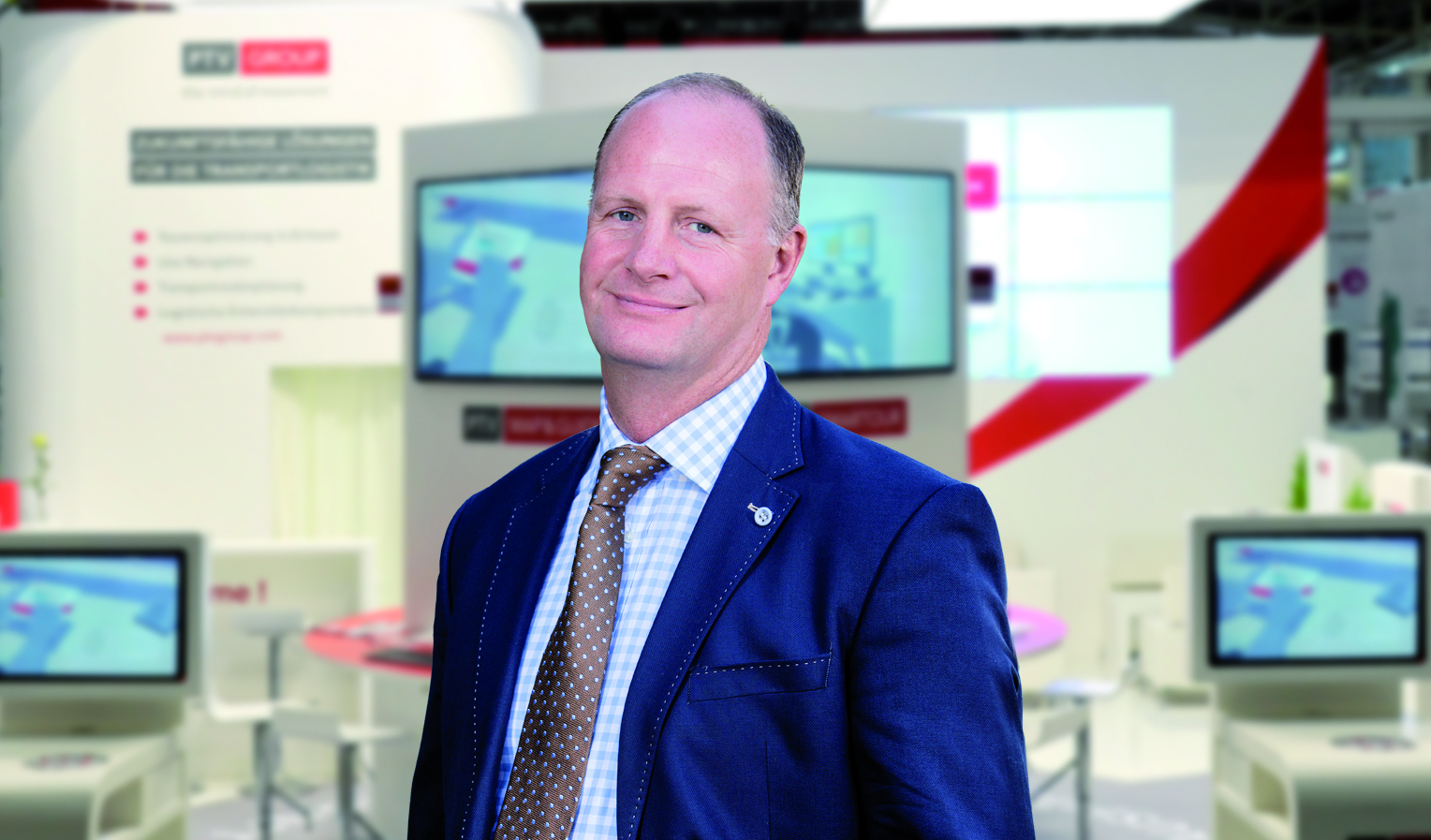The new releases of PTV Visum, PTV Vissim and PTV Viswalk software solutions for macroscopic traffic modelling and microscopic traffic and pedestrian simulation come with several new features and functions that aim to make modelling and simulating with PTV Vision Traffic solutions not only better but also faster and more convenient.
PTV has developed SBA, a simulation-based dynamic assignment, for PTV Visum 16 for use where a detailed representation of the dynamics of congestion and traffic flow is requi
The new releases of 3264 PTV Visum, PTV Vissim and PTV Viswalk software solutions for macroscopic traffic modelling and microscopic traffic and pedestrian simulation come with several new features and functions that aim to make modelling and simulating with PTV Vision Traffic solutions not only better but also faster and more convenient.
PTV has developed SBA, a simulation-based dynamic assignment, for PTV Visum 16 for use where a detailed representation of the dynamics of congestion and traffic flow is required. SBA enables individual vehicles and their interactions to be simulated; and congestion effects and delays over time to be more realistically represented.
In addition, PTV Visum 16 f comes with a new 3D network view, providing users with the opportunity to create visualisations and videos with prisms, bars, customisable colour schemes and individual storyboards for reports and presentations.
The new release of microsimulation software PTV Vissim brings with it additions to scenario management, allowing users to compare results of different planning or design scenarios. PTV Vissim 9 also provides level of service results for nodes, an inbuilt matrix editor for simpler handling of matrices, dynamic assignment and convergence enhancements and improvements to visualisation options.
With PTV Viswalk 9, users can now simulate pedestrian flows within multi-storey buildings by modelling not only stairs but also elevators. Modellers may simulate single or several elevator groups. The feature is accompanied by the introduction of new walking behaviour on stairs and ramps and accelerated simulation runs speeded up by a factor of 4.
PTV has developed SBA, a simulation-based dynamic assignment, for PTV Visum 16 for use where a detailed representation of the dynamics of congestion and traffic flow is required. SBA enables individual vehicles and their interactions to be simulated; and congestion effects and delays over time to be more realistically represented.
In addition, PTV Visum 16 f comes with a new 3D network view, providing users with the opportunity to create visualisations and videos with prisms, bars, customisable colour schemes and individual storyboards for reports and presentations.
The new release of microsimulation software PTV Vissim brings with it additions to scenario management, allowing users to compare results of different planning or design scenarios. PTV Vissim 9 also provides level of service results for nodes, an inbuilt matrix editor for simpler handling of matrices, dynamic assignment and convergence enhancements and improvements to visualisation options.
With PTV Viswalk 9, users can now simulate pedestrian flows within multi-storey buildings by modelling not only stairs but also elevators. Modellers may simulate single or several elevator groups. The feature is accompanied by the introduction of new walking behaviour on stairs and ramps and accelerated simulation runs speeded up by a factor of 4.








